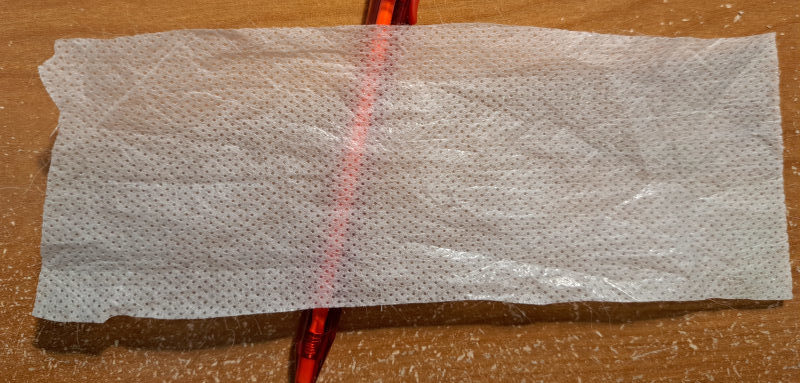In late 2022, TPI began hearing about people being placed in CDO, which stands for Constant and Direct Observation, when filing a request for investigating endangerment.
CDO is also called “suicide watch,” and it is basically a single cell that a person may be placed in if they threaten self-harm, and a guard is supposed to be stationed outside the cell to continuously watch them. On placement in the cell, all or almost all clothing is removed and they are usually given a paper gown (see image below). The temperature in the cell is kept low, a kind of “cold torture” that is meant to achieve what TDCJ calls “behavior modification.” CDO housing also requires the involvement of mental health staff.
But our reports were that people were being placed here that had no indication of self-harm, and simply had reported endangerment. In early 2023, we learned that this is a new excuse for cold cell torture and apparently some sort of “behavior modification” (generally trying to influence people not to report endangerment) called Security Observation Status (SOS). We were told that SOS is the same as CDO in that “property, clothing, and items are allowed to be possessed but it is a status applied by unit administration staff instead of mental health staff.” Meaning guards can now place someone they want to harass into SOS without having to go through mental health staff.
It is not known when this new form of punishment for pursuing safety was put in place, but it appears to have been initiated in late 2022.
